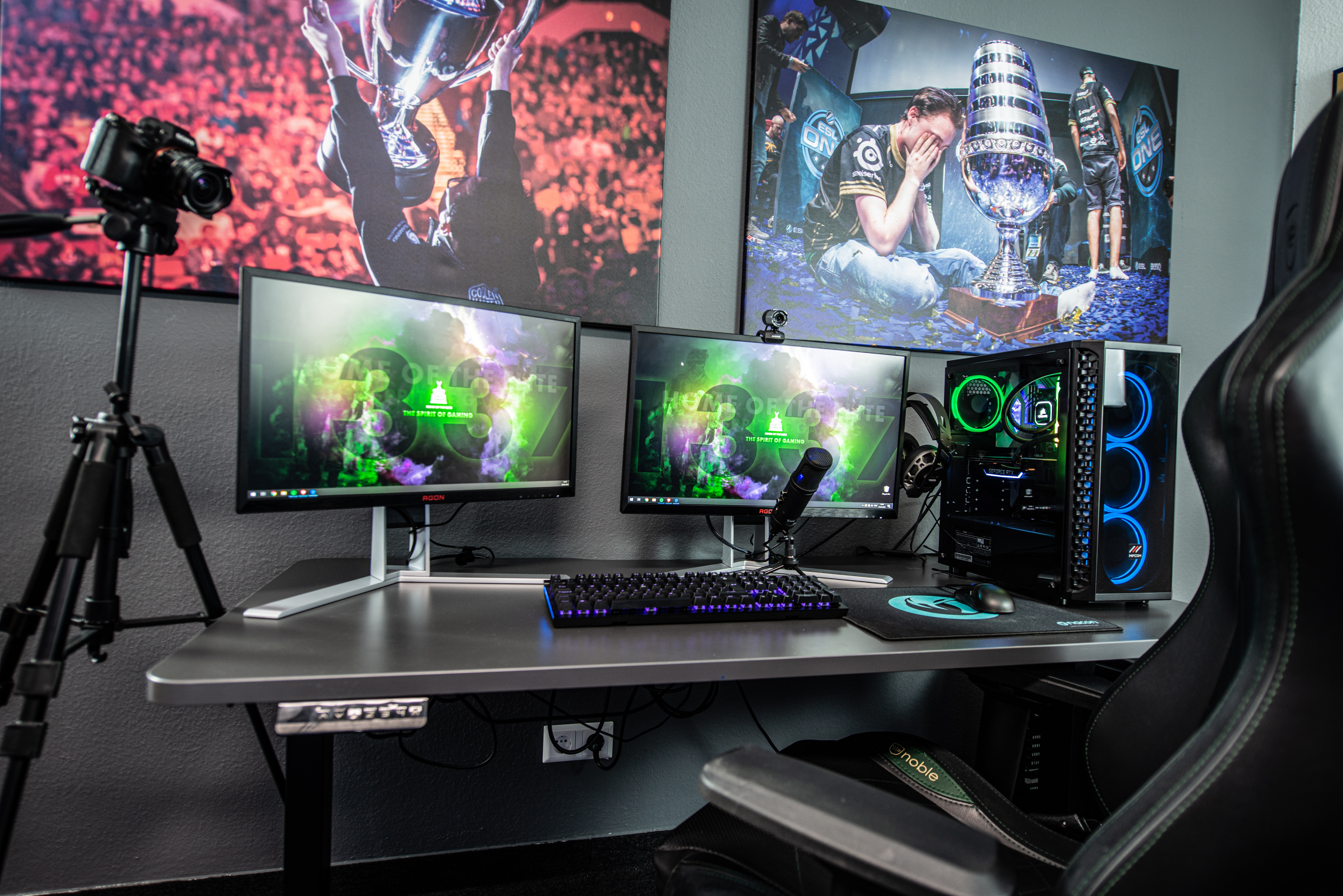 Clinical Psychologist Dr. Anthony Bean is the CEO of Geek Therapeutics, which aims to bridge “the gap between geeks and therapists”. But is there a market for this type of therapy? I invited Bean and other experts to give their thoughts on therapy specifically for geeks.
Clinical Psychologist Dr. Anthony Bean is the CEO of Geek Therapeutics, which aims to bridge “the gap between geeks and therapists”. But is there a market for this type of therapy? I invited Bean and other experts to give their thoughts on therapy specifically for geeks.
“Although ‘geek’ and ‘therapy’ sound like two opposite worlds being thrown together, there are great synergies,” said Clive Harris, an avid trading card collector. Kaelum Ross, founder of What in Tech, agrees and is an advocate for using geek interests as a conduit for self-improvement. “Through video games, roleplaying and DnD, I have created relationships which, due to severe social anxiety, may not have been possible without these platforms. The interactivity offers an incredible way to express myself. Using gaming, movies or similar media also allows me to tap into my emotional core and feel things that I didn't even realize were there. This is the crux of art and music therapy, so why not use geek media too? I'm far from the only one who has had these experiences.“
But not everyone sees the benefits of this approach, especially those who don’t understand geek culture. I asked Bean how he addresses cynics who may have a negative perspective about the impact of things like gaming? “This is a common question that comes up for us,” noted Bean. “When we work with new clients who are cynical towards the modality, we ask questions and create a dialogue of what they see as not beneficial to this approach to mental health treatment. This helps identify where we can find mutual ground to understand one another. We ask whether they have ever played anything like we do for mental health benefit and if not, bring them into it as a courtesy and learning experience. After these conversations, we have a lot of interest in what we do and give resources for the person to read.”
Would this work for people who may not self-identify as geeks, but feel traditional therapy hasn’t worked for them? “Absolutely,” said Bean. “We actually find that many people who have not identified as geeks tend to love this experience because of the narrative aspects of the games and geek centric ideas we use. Once people get a taste of how everyday life is applied in a geek centric fashion to their current state of well-being; they tend to not want to turn back, but further explore it.“
Interest in geek culture is a helpful distraction from the real world. Harris noted “Immersion into a fantasy world is often a form of escapism from the mundane or even the cruel reality of everyday life.”
Yet others are critical of gaming and geek culture, believing the negative impact is more pronounced that the positive impact. Is it possible for people to become too immersed in geek culture to where they are missing out on the real world? “What we see is that individuals start to think differently,” said Bean. “They use the new skills to enhance their social atmosphere and make sense of it for themselves. While they continue to immerse themselves in the culture, they also use it for appropriate applications in the real world. It is a community and being connected to one another is just one of the many benefits of the therapeutic modality.”
Dexter Grima, Founder & CEO of VitaBright, agrees with these assessments. “Playing within these domains is not inherently negative or bad as some individuals suggest, but it allows the individual creativity to shine through with imagination. “
This field is likely to grow, both due to technological advances and new behaviors resulting from covid restrictions. “My prediction is that there is a sizable market of self-professed geeks who need help, and would be excited by this method of therapy,” said Harris.
“The rise of augmented reality, IoT, artificial intelligence, and more technological advancements leads to open doors for openness about the concept of being a geek,” added Grima, “It’s not about condemning the activity being enjoyed based on rating, time spent, or games played but to see through the play itself into what the player is experiencing, what drives them to a certain character or avatar, or the individual’s experience of the virtualized and fantasy worlds.”
Tina Arnoldi, MA is a marketing consultant and freelance writer in Charleston SC. Learn more about her and connect at TinaArnoldi.com